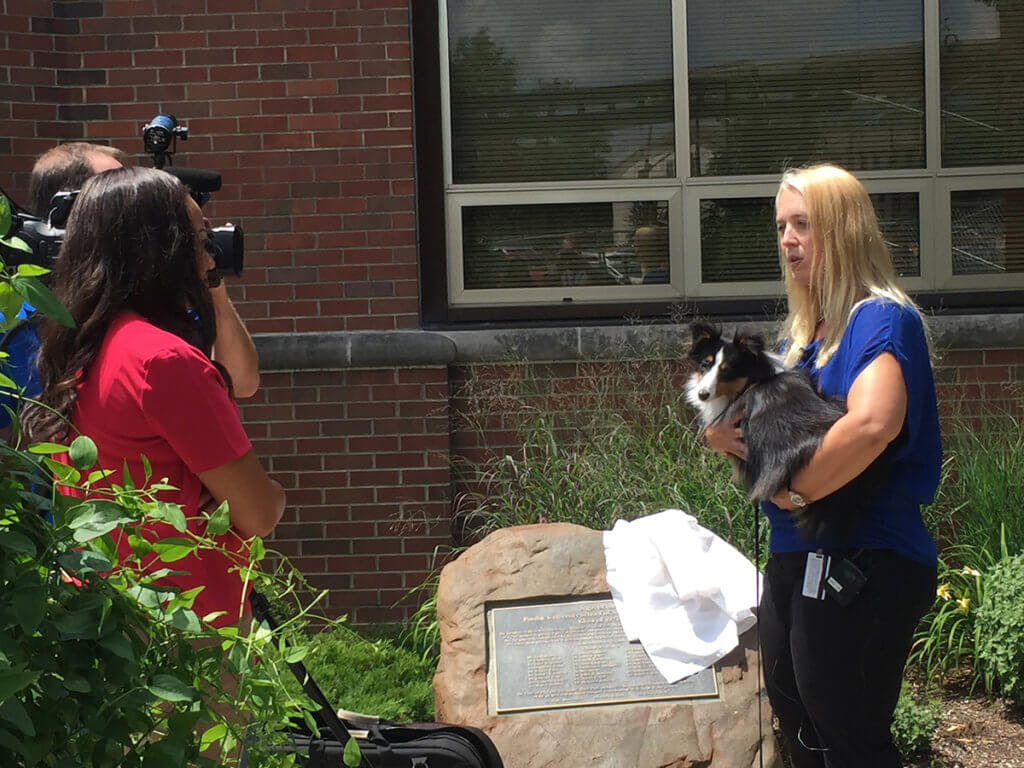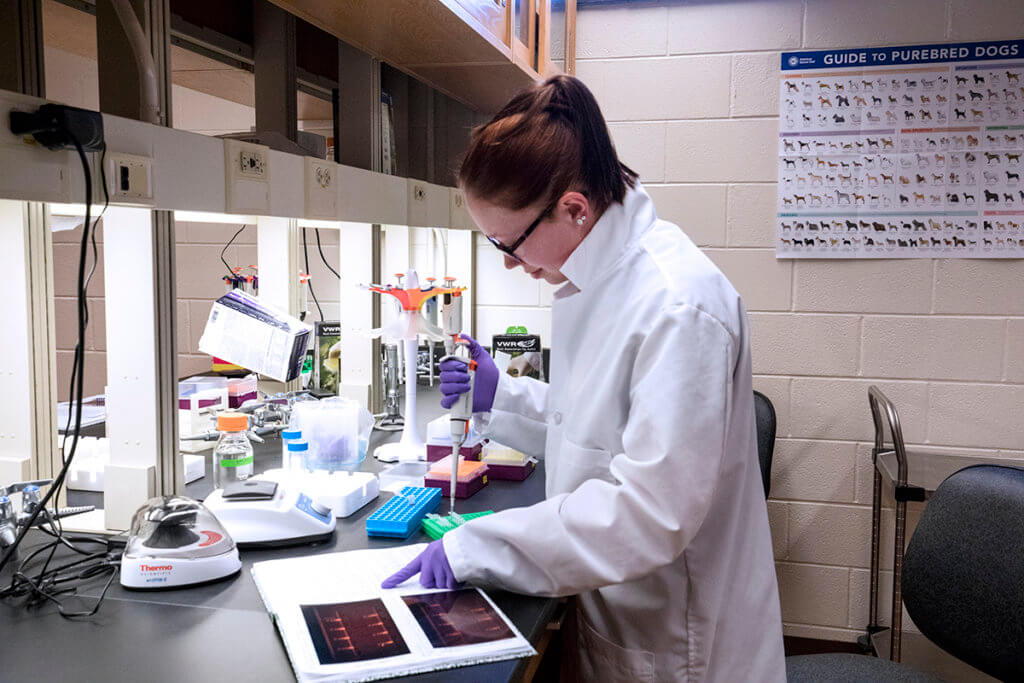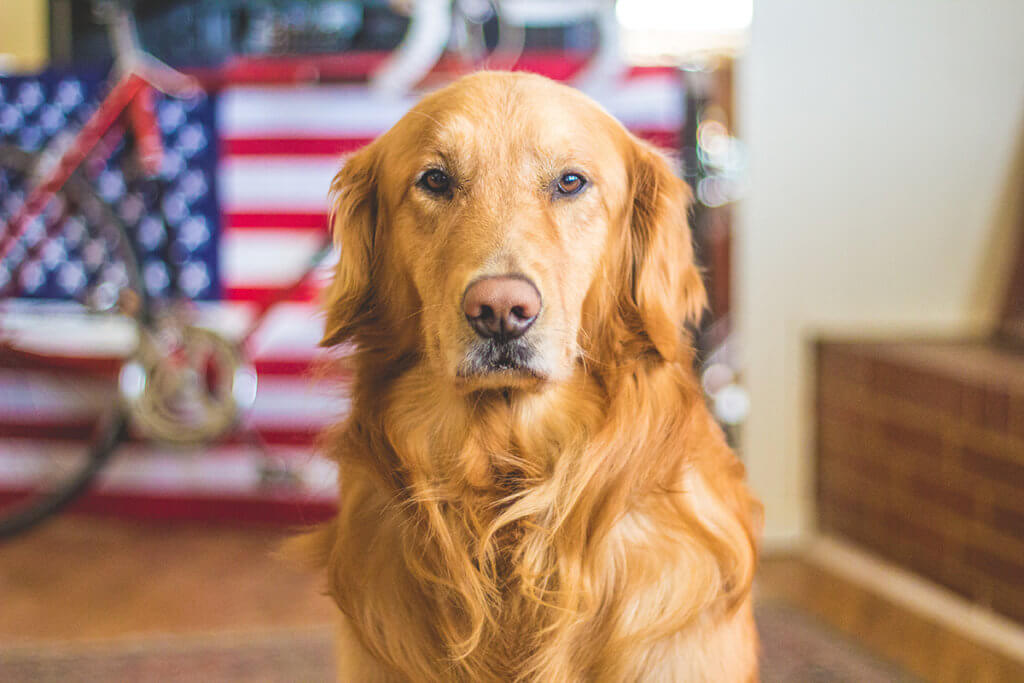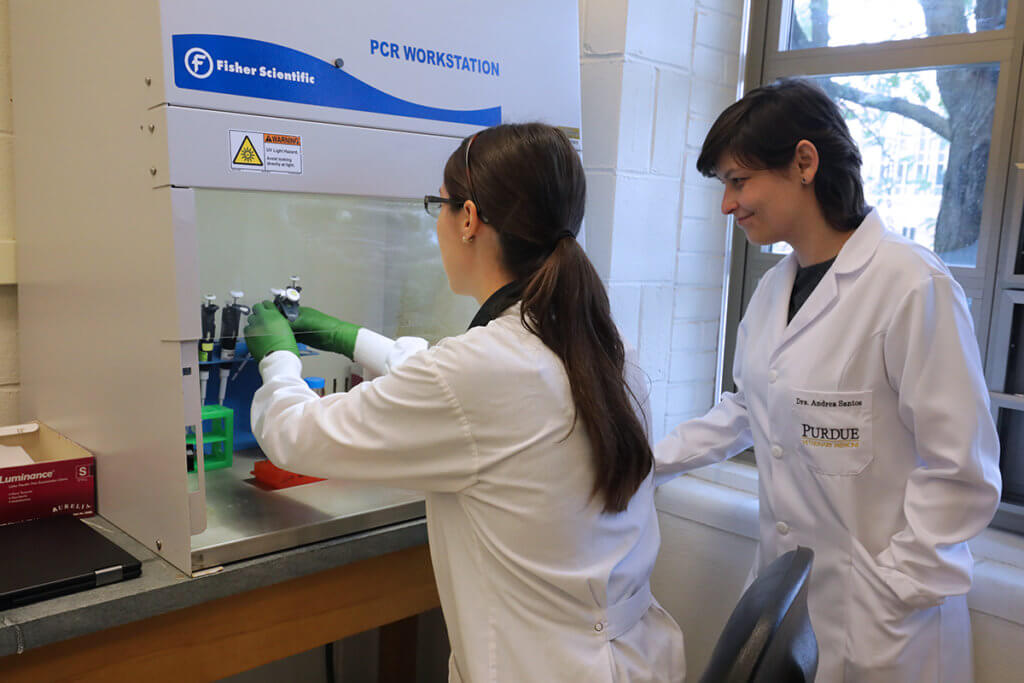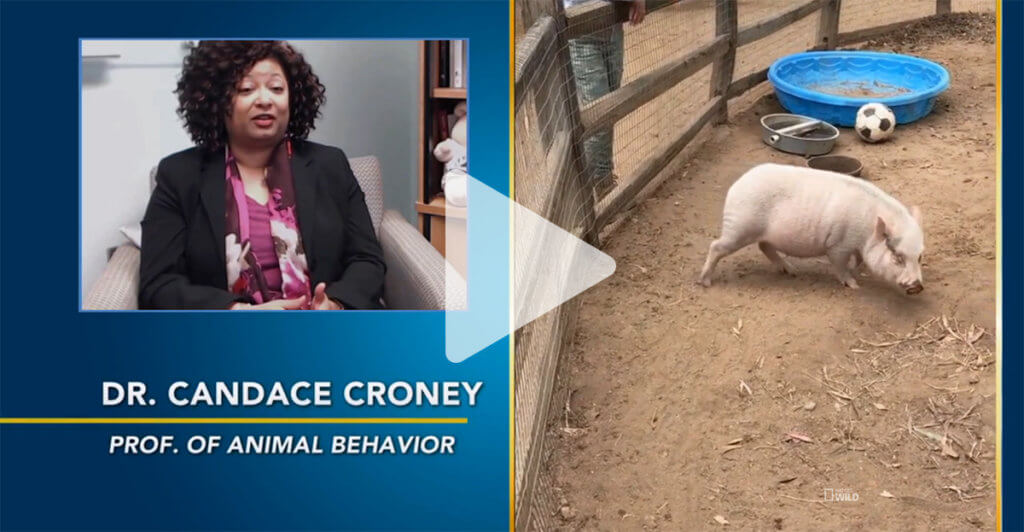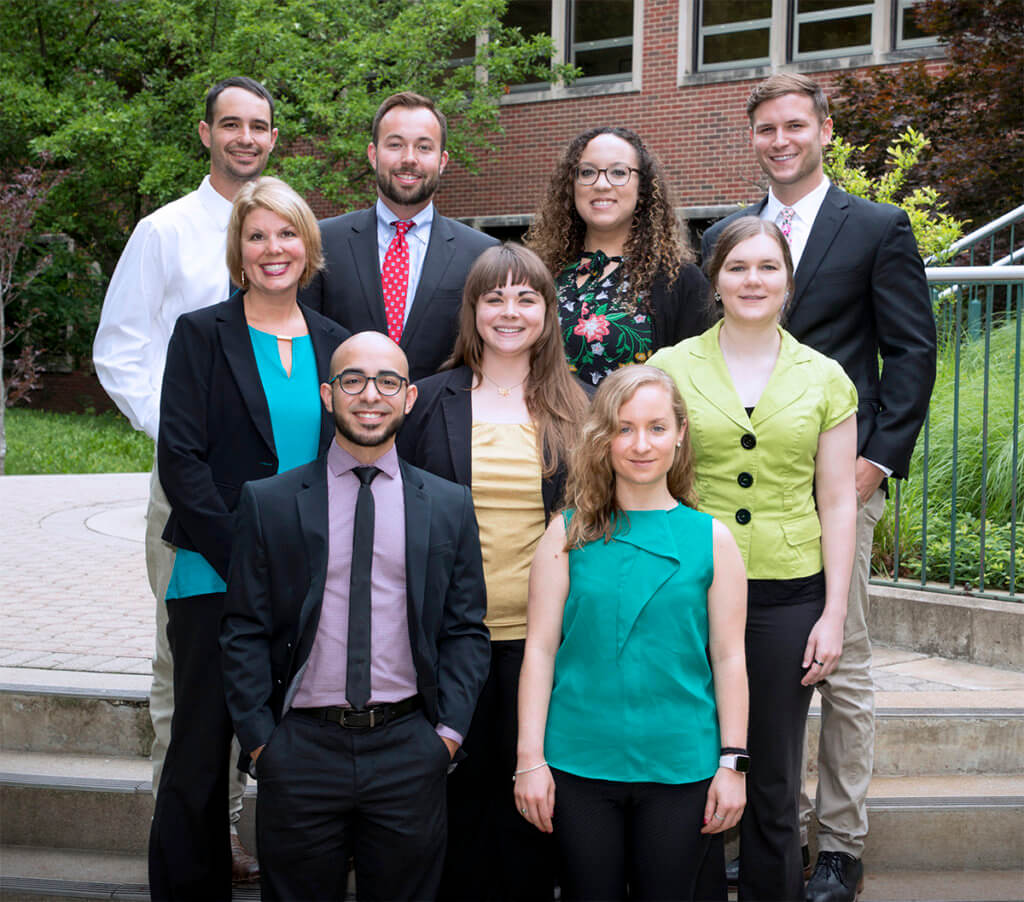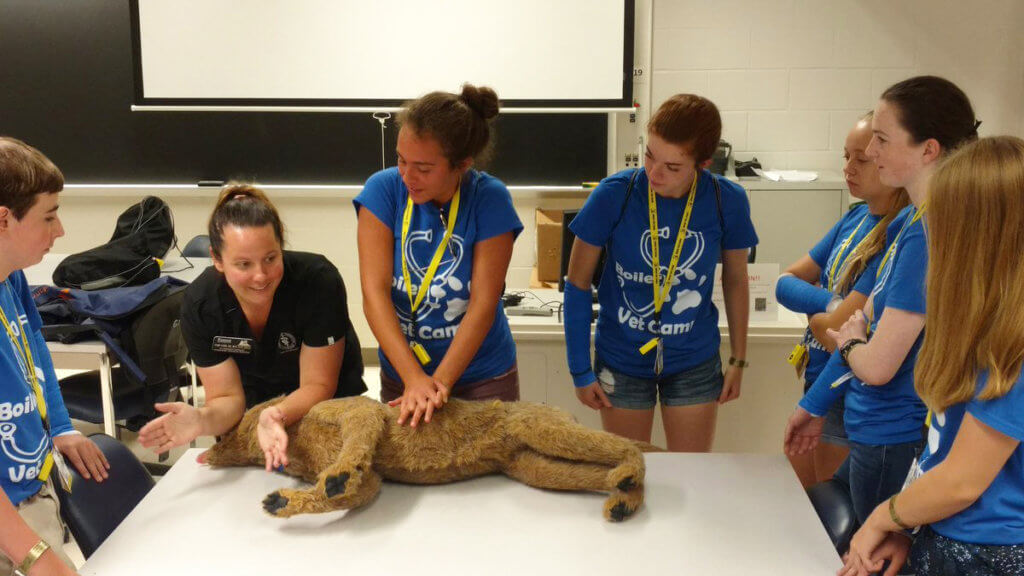Faculty & Staff
Royal Veterinary College Awards Honorary Degree to Dean Willie Reed
July 13, 2018
The Royal Veterinary College of the University of London recognized Dean Willie Reed for his leadership contributions to diversity and inclusion in the veterinary profession by awarding him the degree of DVetMed honoris causa at the college’s summer commencement Thursday, July 5.
PVM Clinician Shares Tips on Helping Pets Beat the Heat
July 13, 2018
As the summer heat intensifies, pet owners need to think from nose to paws when keeping their pets cool and well hydrated, especially if the dog or cat is overweight, elderly or a specific breed, according to a Purdue University College of Veterinary Medicine wellness clinician.
Research Teams Reflect on Value of Summer Research Program
July 13, 2018
To give a richer insight into Purdue Veterinary Medicine’s Veterinary Scholars Summer Research Program (SRP), the Vet Gazette this week shines the spotlight on some of the teams that partner faculty with Purdue veterinary students.
Keep Pets Safe and Happy During Independence Day Celebrations
June 29, 2018
Between parades, visitors, vacations, and the crackle of fireworks, Fourth of July festivities are filled with celebration; but unlike people, many pets associate those festivities with anxiety and panic. Dr. Lori Corriveau, wellness clinician in the Purdue University Veterinary Teaching Hospital’s Small Animal Community Practice, advises there are many simple ways to protect companion animals during Independence Day celebrations.
DVM and Pre-Veterinary Students Experience Scientific Discovery through Summer Research Program
June 29, 2018
Purdue Veterinary Medicine’s 2018 Veterinary Scholars Summer Research Program is giving 21 DVM and pre-veterinary students first-hand experience in the realm of scientific discovery.
Veterinary Students take First and Fourth Place in AVMHS Essay Contest
June 29, 2018
The Purdue University College of Veterinary Medicine was well represented in the American Veterinary Medical History Society (AVMHS) 2018 J. Fred Smithcors Student Veterinary History Essay Contest. Congratulations to Jessica Zeiger, of the DVM Class of 2018, for winning first place and Janna Draper, of the DVM Class of 2019, for winning fourth place.
Dr. Candace Croney Featured on New TV Show about Animals
June 29, 2018
Dr. Candace Croney, director of the Purdue University Center for Animal Welfare Science (CAWS) and professor of animal behavior and well-being, made an appearance Saturday, June 23, on National Geographic’s season 1, episode 2 of “Howie Mandel’s Animals Doing Things.” As host of the show, Howie Mandel narrates cute clips of animals doing odd, cute, or funny behavior while also including a splash of animal facts.
Dr. Nickie Baird Selected as VMX Speaker of the Year
June 22, 2018
Congratulations to Dr. Nickie Baird, Purdue Veterinary Medicine professor of large animal surgery, who has been selected as one of five VMX 2018 Speakers of the Year.
Class of 2019 Interns Arrives at PVM
June 22, 2018
Purdue Veterinary Medicine welcomes the newest class of interns to the Veterinary Teaching Hospital and Centaur Equine Specialty Hospital. The interns began Monday, June 11, with an intensive orientation schedule. Mindy Anderson is also returning to PVM as the Wasson Veterinary Pharmacy Resident.
PVM Inspires Future Veterinarians at the 2018 Boiler Vet Camps
June 22, 2018
Over the course of the last two weeks, Purdue Veterinary Medicine hosted 100 campers to give them a first-hand look into the world of veterinary medicine.


